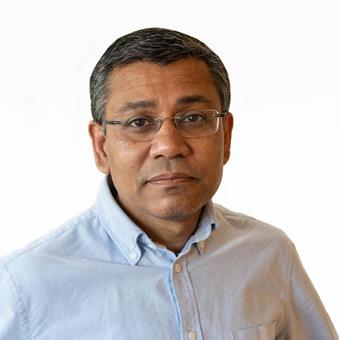Concerns about the large amount of substances that society disseminates and their impact on the environment requires better analytical methods and strengthened monitoring and control, as well as further knowledge about their flows and interaction with organisms. It is also vital to study substances’ natural cycles to understand and prevent environmental problems. Substance emissions are difficult to evaluate on a large scale and methodological development is therefore important.
We also study the biological, chemical and physical processes and cycles. Our research ranges from the molecular to the global scale, and aims to identify the mechanisms that drive biogeochemical cycles and their effects in time and space. We want to create new knowledge that can lead to effective measures.






